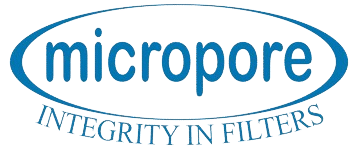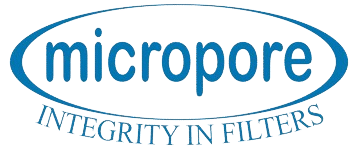Biotechnology in membrane technologies refers to the use of membrane-based processes in the field of biotechnology to support the development, production, and purification of biological products, including biopharmaceuticals, enzymes, vaccines, and other biotechnological products. Membrane technologies play a critical role in the separation, concentration, purification, and formulation processes within biotechnology, helping to ensure product quality, efficiency, and safety. Here’s an overview of how membrane technologies are applied in biotechnology:
Applications Across Biotechnology:
- Biopharmaceutical Production: Purification of monoclonal antibodies, recombinant proteins, and other therapeutic biologics.
- Vaccine Manufacturing: Concentration, purification, and sterilization of vaccine components.
- Enzyme Production: Purification and immobilization of enzymes for industrial and pharmaceutical applications.
- Genetic Research: Purification of nucleic acids for use in molecular biology, diagnostics, and therapeutic development.
- Wastewater Treatment: Use of membrane bioreactors in the treatment of biotechnological wastewater.
Membrane technologies are thus indispensable in biotechnology, offering precise, scalable, and efficient solutions for the production and purification of a wide range of biological products.


